編輯點(diǎn)評(píng):
英語(yǔ)口語(yǔ)學(xué)習(xí)最關(guān)鍵的一點(diǎn)說(shuō)是音標(biāo)的學(xué)習(xí),音標(biāo)詳解大全完整word版是一個(gè)附帶了詳細(xì)音標(biāo)信息解讀的版本,更好的熟知每個(gè)音標(biāo)的學(xué)習(xí)和讀法,本站提供了免費(fèi)下載,需要的自己拿走吧。
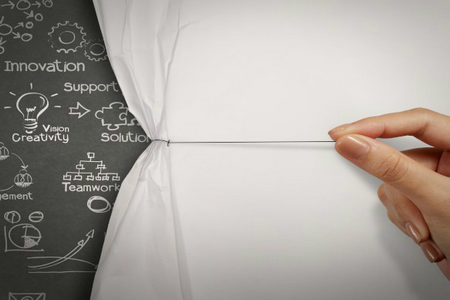
音標(biāo)詳解大全圖片預(yù)覽

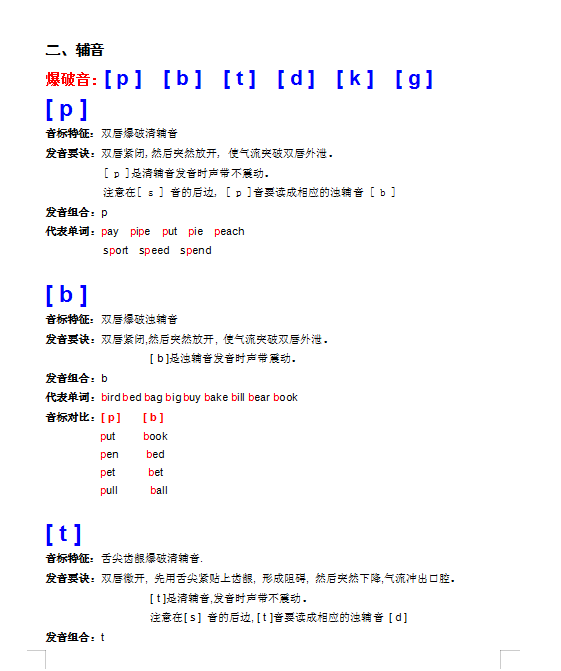
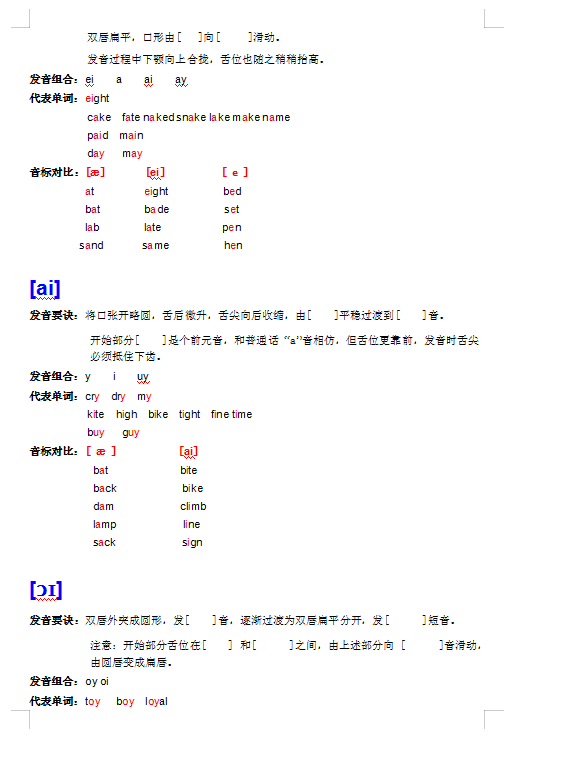
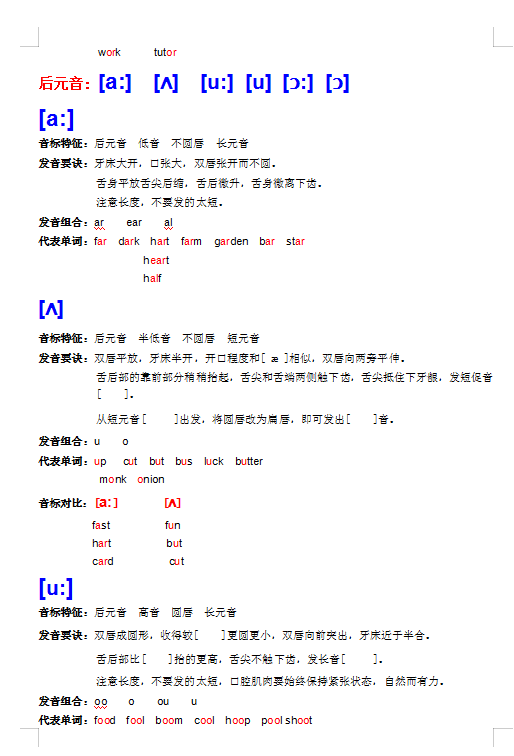
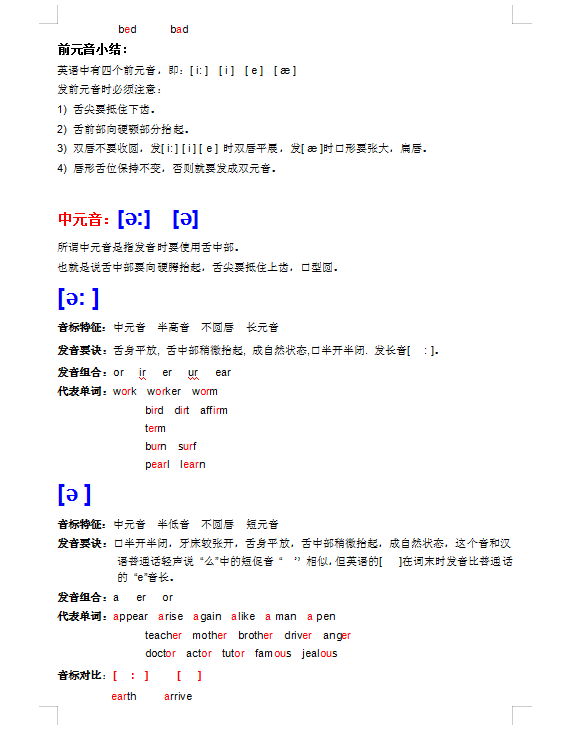
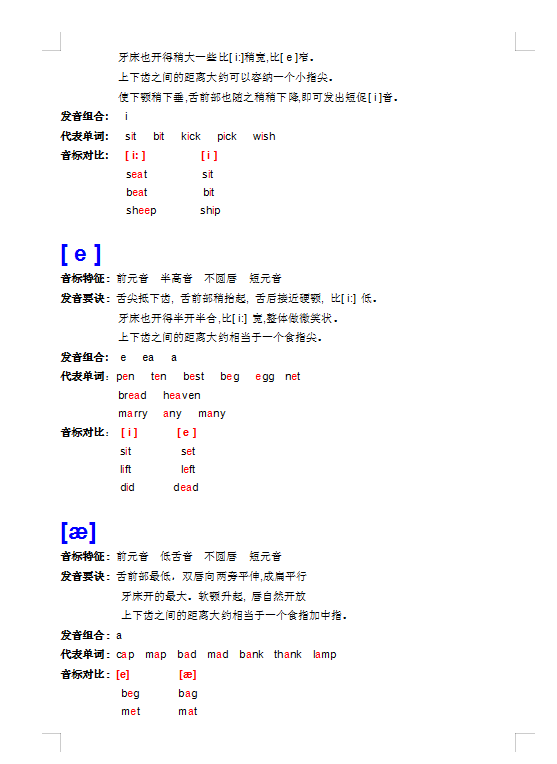
國(guó)際音標(biāo)介紹
一、 長(zhǎng)元音/i:/ 外號(hào)“長(zhǎng)衣音”
詞匯拓展:we /wi:/ she /? i:/ meet /mi:t/ each/i: t?/
eat /i:t/ me /mi:/ green /gri:n/
對(duì)應(yīng)的字母:e-Chinese ei-receive ie-believe
ee-feeling ea-please
實(shí)用操練:1.Speaking English is a piece of cake.
2.Seeing is believing.
3.Please feel free to visit anytime.
二、短元音/?/ 外號(hào)“短衣音”
詞匯拓展:sit[s?t] big[b?g] visit[?v?z?t] six [s?ks]
list [l?st] trip [tr?p]
對(duì)應(yīng)的字母:i-visit u-busy y-pretty
e-English ui-build
實(shí)用操練:1. Where there is a will, there is a way.
2.I’m pretty busy.
三、元音/e/ 外號(hào)“45度”音
詞匯拓展:bed /bed/ head /hed/ many /men?/ any/en?/
pen /pen/ egg /eg/ let/let/
對(duì)應(yīng)的字母:e-bed ea-head a-many
實(shí)用操練:1.Better late than never.
2.East or west, home is best.
四、音標(biāo)/?/ 外號(hào)“90度大嘴音”
詞匯拓展:plan /pl?n/ glad /gl?d/ stand /st?nd/
bag/b?g/ cat /k?t/ hat /h?t/
對(duì)應(yīng)的字母: a-apple
實(shí)用操練:1.I have a happy family.
2. Not bad.
五、音標(biāo)/?:/ 外號(hào)“重讀卷舌音”
詞匯拓展:her /h?:/ girl /g?:l/ nurse /n?:s/ worker/?w?:k?(r)/ first/f?:st/ learn /l?:n/
對(duì)應(yīng)的字母: er-prefer ir-dirty or-world ur-hurt
實(shí)用操練:1. Nobody is perfect.
2.The early bird catches the worm.
六、音標(biāo)/?/ 外號(hào)“短鵝音”
詞匯拓展:teacher[?ti:t??(r)] driver [?dra?v?(r)]
doctor [?d?kt?(r)] actor [??kt?(r)]
sister [?s?st?(r)] brother [?br???(r)]
對(duì)應(yīng)的字母: er-dinner or-doctor u-suppose
a-Alone o-introduce
實(shí)用操練:1. The faster, the better.
2.What’s the matter with you?
七、音標(biāo)/ɑ:/
詞匯拓展:car /kɑ:/ start/stɑ:t/ father/?fɑ:??(r)/ farm/fɑ:m/ half /hɑ:f/
對(duì)應(yīng)的字母: a-watch ear-heart ar-far uar-guard ar-car
實(shí)用操練:1. So far, so good.
2.Times are hard.
八、元音/ ?/ 外號(hào)“短啊音”
詞匯拓展:cup[k?p] brother [?br???(r)] young [j??]
us [?s] fun [f?n] mother [?m???(r)]
對(duì)應(yīng)的字母:o-love u-fun oo-blood ou-enough
實(shí)用操練:1.Seven is my lucky number.
2.Something is better than nothing.
九、音標(biāo)/?:/ 外號(hào)“中嘴卷舌音”
詞匯拓展:short[??:t] more [m?:] four[f?:] floor [fl?:] call[k?:] sport[sp?:t]
對(duì)應(yīng)的字母:or-short ore-more our-four oor-door
ar-warm
實(shí)用操練:1.It’s important to practice more.
2.Force yourself to do more.
十、音標(biāo)/?/ 外號(hào)“中嘴短元音”
詞匯拓展:dog[d?g] wrong [r??] watch [w?t?] hot [h?t]
boss [b?s] shop [??p]
對(duì)應(yīng)的字母: o-dog a-watch
實(shí)用操練:1.My boss feels hot and goes to the shop.
十一、音標(biāo)/U:/ 外號(hào)“長(zhǎng)烏音”
詞匯拓展:zoo[zu:] who [hu:] ruler [?ru:l?(r)] blue [blu:]
you [ju] room [ru:m]
對(duì)應(yīng)的字母:oo-zoo u-ruler oe-shoe ue-blue
o-improve ui-fruit ou-route
實(shí)用操練:1. You look cool.
2. The color of the room is blue.
十二、音標(biāo)/?/ 外號(hào)“短烏音”
詞匯拓展:put [p?t] book [b?k] would [w?d]
woman [?w?m?n] good [g?d] could [k?d]
對(duì)應(yīng)的字母:u-put oo-book o-woman ou-could
實(shí)用操練:1.You mother is a good woman.
十三、音標(biāo)/e?/ 外號(hào)“嘴角咧到耳朵上音”
詞匯拓展:face[fe?s] cake [ke?k] play [ple?] they [?e?]
eight [e?t] great [gre?t] game [ge?m]
對(duì)應(yīng)的字母:a-amAzing ay-pay ai-afraid
實(shí)用操練:1.No pain, no gain.
2. Don’t make the same mistakes.
十四、音標(biāo)/a?/ 外號(hào)“大嘴阿姨音”
詞匯拓展:hi[ha?] my [ma?] bye [ba?] eye [a?]
high[ha?] like [la?k]
對(duì)應(yīng)字母:a-life y-cry ie-pie uy-buy
實(shí)用操練:1.Never say die! Try! Try! Try!
2. Don’t be shy. Just try.
十五、音標(biāo)/??/ 外號(hào)“中嘴短衣音”
詞匯拓展:boy[b??] toy[t??] coin[k??n] join [d???n] noise [n??z] enjoy [?n?d???]
對(duì)應(yīng)的字母:oy-boy oi-coin
實(shí)用操練:1. The boy hopes you join the club and enjoy it.
十六、音標(biāo)/??/ 外號(hào)“舀水音”
詞匯拓展:no[n??] know[n??] coat[k??t] only[???nli]
old[??ld] photo [?f??t??]
對(duì)應(yīng)的字母:o-hope oa-goal ow-know ou-soul
實(shí)用操練:1.You are my only hope.
2.There is no place like home.
十七、音標(biāo)/a?/ 外號(hào)“鬼哭狼嚎合口雙元音”
詞匯拓展:out[a?t] now [na?] brown [bra?n]
house [ha?s] found [fa?nd]
對(duì)應(yīng)的字母:ow-how ou-house
實(shí)用操練:1.There is no doubt about it.
2. Get out of my house right now.
十八、音標(biāo)/??/ 外號(hào)“短衣卷舌音”
詞匯拓展:here[h??(r)] ear [??(r)] dear [d??(r)]
idea [a??d??] clear [kl??(r)]
對(duì)應(yīng)的字母:ere-here ea-idea ear-clear
實(shí)用操練:1. He has a clear idea about beer.
十九、音標(biāo)/e?/ 外號(hào)“咧嘴卷舌音”
詞匯拓展:hair[he?(r)] there [?e?(r)] their [?e?(r)]
fair [fe?(r)] chair [t?e?(r)]
對(duì)應(yīng)的字母:air-hair ere-there are-share eir-their
實(shí)用操練:1. Where there is a will, there is a way.
二十、音標(biāo)/??/ 外號(hào)“短烏卷舌音”
實(shí)用操練:poor/p??(r)/ sure[???(r)] pure[p??(r)] tour[t??(r)] cure[k??(r)]
對(duì)應(yīng)的字母:oor-poor ure-sure
實(shí)用操練:1. I’m not sure about the tour.
二十一、雙唇爆破輔音/p/ 外號(hào)“氣破雙唇音”
詞匯拓展:pen[pen] happy[?h?pi] keep[ki:p]
pencil [?pensl] person [?p?:sn]
實(shí)用操練:1.Practice makes perfect.
2.The person is happy to buy one pen and two penscils.
二十二、雙唇爆破輔音/b/
詞匯拓展:bus[b?s] bed [bed] boy [b??] book [b?k]
bag [b?g] ball [b?:l] brother [?br???(r)]
實(shí)用操練:1.The boy likes the ball、bag、bus and books.
特別注意不發(fā)音的b:
出現(xiàn)在字母m后時(shí),b通常不發(fā)音:climb[kla?m]
comb [k??m] bomb [b?m] thumb [θ?m]
二十三、音標(biāo)/t/ 外號(hào)“舌尖齒齦彈氣音”
詞匯拓展:let /let/ tall[t?:l] letter [?let?(r)] little [?l?tl]
meet [mi:t] talk [t?:k]
實(shí)用操練:1. I feel a little bit better today.
2. Try harder next time.
二十四、音標(biāo)/d/ 外號(hào)“舌尖齒齦彈氣音”
詞匯拓展:dog[d?g] child [t?a?ld] death[deθ]
good [g?d] bed [bed] kind[ka?nd]
實(shí)用操練:1.A friend in need is a friend indeed.
二十五、音標(biāo)/k/ 外號(hào)“氣破舌根軟腭音”
詞匯拓展:kite[ka?t] back[b?k] cat [k?t] book[b?k]
desk [desk] clock [kl?k]
實(shí)用操練:1. The kite and book are in the desk.
二十六、音標(biāo)/g/ 外號(hào)“氣破舌根軟腭音”
詞匯拓展:go/g??/ egg[eg] good [g?d] game [ge?m]
get [get] great [gre?t]
實(shí)用操練:1.Let’s give him a big hand.
2. That’s a good idea.
二十七、音標(biāo)/m/ 外號(hào)“雙唇閉嘴鼻音”
詞匯拓展:man[m?n] time [ta?m] more [m?:(r)]
meet [mi:t] math[m?θ] market[?mɑ:k?t]
實(shí)用操練:1. Men make mistakes.
2. Money will come and go.
二十八、音標(biāo)/n/ 外號(hào)“舌尖齒齦開(kāi)口鼻音”
詞匯拓展:no[n??] eleven [??levn] know [n??]
name [ne?m] need[ni:d] new [nju:]
實(shí)用操練:1. No news is good news.
2. He sure is a pain in the neck.
二十九、音標(biāo)/?/ 外號(hào)“舌后軟腭撒嬌鼻音”
詞匯拓展:think[θ??k] sing [s??] ring [r??]
morning[?m?:n??] thing [θ??] thank [θ??k]
實(shí)用操練:1. Thank you for everything.
三十、音標(biāo)/f/ 外號(hào)“咬唇音”
詞匯拓展:few[fju:] photo [?f??t??] father [?fɑ:??(r)] floor [fl?:(r)] found [fa?nd]
實(shí)用操練:1. Life is beautiful, but is not always sweet.
2.How are you feeling ? I feel fine.
三十一、音標(biāo)/v/ 外號(hào)“咬唇音”
詞匯拓展:very[?veri] seven [?sevn] five [fa?v]
video [?v?di??] movie [?mu:vi] over [???v?(r)]
實(shí)用操練:1. Can you give me some advice?
2. He lives a very active life.
三十二、半元音/w/ 外號(hào)“圓唇突出短我音”
詞匯拓展:we [wi] what [w?t] want [w?nt]
where [we?(r)] when [wen] well [wel]
實(shí)用操練:1.Where there is a will, there is a way.
2.Don’t give up. We’ll always be with you.
三十三、音標(biāo)/s/ 外號(hào)“氣通舌尖齒齦音”
詞匯拓展:sit[s?t] class[klɑ:s] yes[jes] nice[na?s]
school [sku:l] sun [s?n] star [stɑ:(r)]
實(shí)用操練:1. The sun and star are nice.
2.Don’t be so tense.
三十四、音標(biāo)/z/ 外號(hào)“氣通舌尖齒齦音
詞匯拓展:zoo[zu:] is[?z] eggs[egz] whose[hu:z]
busy[?b?zi] those[???z]
實(shí)用操練:Business is business.
三十五、音標(biāo)/?/ 外號(hào)“舌端齒齦氣擦音”
詞匯拓展:she[?i] sure[???(r)] fish[f??] wish[w??]
short[??:t]
實(shí)用操練:She loves fish and wish to eat.
三十六、音標(biāo)/θ/ 外號(hào)“咬舌音”
詞匯拓展:thank[θ??k] month[m?nθ] mouth[ma?θ] thing[θ??] three[θri:]
實(shí)用操練:Nothing is more important than staying healthy.
三十七、音標(biāo)/?/ 外號(hào)“咬舌音”
詞匯拓展:that[??t] these[?i:z] those[???z]
father[?fɑ:??(r)] there[?e?(r)]
實(shí)用操練:That person over there is my father.
三十八、音標(biāo)/ts/
詞匯拓展:hats[h?ts] pets[pets] facts[f?kts]
實(shí)用操練:The hats and pets are beautiful.
三十九、音標(biāo)/dz/
詞匯拓展:beds [bedz] cards[kɑ:dz] kinds [ka?ndz] deeds [di:dz] words [w?:dz]
實(shí)用操練:His deeds don’t agree with his words.
四十、音標(biāo)/ h/ 外號(hào)“大口喘氣音”
詞匯拓展:he[hi] who[hu:] hope[h??p] happy[?h?pi]
home[h??m]
實(shí)用操練:He has a happy home.
四十一、半元音/ j/ 外號(hào)“雙唇扁平短爺音”
詞匯拓展:year[j??(r)] your[j?:(r)] young[j??]
yesterday[?jest?de?] lawyer[?l?:j?(r)]
實(shí)用操練:The young lawyer is your father.
四十二、半元音/ r/ 外號(hào)“四指卷舌音”
詞匯拓展:red[red] right[ra?t] wrong[r??] room[ru:m] run[r?n] ruler[?ru:l?(r)]
實(shí)用操練:You are right. I am wrong.
四十三、舌邊輔音/ ?/
詞匯拓展:leg[leg] blue[blu:] place[ple?s] tell[tel]
lead[li:d] like[la?k]
實(shí)用操練:I tell him I like blue.
四十四、音標(biāo)/tr/
詞匯拓展:tree[tri:] truck[tr?k] try[tra?] true[tru:]
travel[?tr?vl] trouble[?tr?bl]
實(shí)用操練:Never trouble trouble till trouble troubles you.
四十五、音標(biāo)/dr/
詞匯拓展:dress[dres] drink[dr??k] draw[dr?:]
dream[dri:m] drive[dra?v]
實(shí)用操練:My dream is to have a dress.
四十六、音標(biāo)/?/ 外號(hào)“舌端齒齦氣擦音”
詞匯拓展:usually [?ju:?u?li] decision [d??s??n]
pleasure [?ple??(r)] measure [?me??(r)]
實(shí)用操練:I usually make a decision by myself.
四十七、音標(biāo)/t?/ 外號(hào)“氣沖舌尖齒齦音”
詞匯拓展:child [t?a?ld] teach [ti:t?] picture [?p?kt??(r)] culture [?k?lt??(r)] church [t??:t?] touch [t?t?]
實(shí)用操練:Don’t touch the head of a child.
四十八、音標(biāo)/d?/ 外號(hào)“舌端齒齦氣擦音”
詞匯拓展:just[d??st] age[e?d?] joke[d???k]
imagine[??m?d??n] orange[??r?nd?] large[lɑ:d?]
實(shí)用操練:I can’t imagine a large orange.
音標(biāo)學(xué)習(xí)技巧
聽(tīng)。學(xué)習(xí)音標(biāo)要先練習(xí)聽(tīng),最初接觸音標(biāo)的時(shí)候聽(tīng)個(gè)一兩遍幾乎沒(méi)有什么印象,因此要多聽(tīng)?zhēng)妆椋嗄ザ洌@樣才會(huì)在頭腦中留下印象。
讀。在聽(tīng)的時(shí)候不僅要用心用腦進(jìn)行記憶,而且嘴巴也不要閑著,要跟著讀,開(kāi)始讀的可能不標(biāo)準(zhǔn),甚至?xí)X(jué)得比較別扭,但是讀的多了,習(xí)慣了,就會(huì)感覺(jué)好一些,甚至看到自己聽(tīng)過(guò)的音標(biāo)還能夠脫口而出,那樣就基本差不多了。
寫(xiě)。音標(biāo)和字母,拼音都不同,要想牢固的掌握音標(biāo),可以連續(xù)不同音標(biāo)的寫(xiě)法,掌握它們的寫(xiě)法,有利于更好的掌握它們。
拼讀。學(xué)習(xí)單個(gè)音標(biāo)之后可以試著進(jìn)行拼讀,找些陌生的單詞來(lái),試著看音標(biāo)進(jìn)行單詞拼讀。這時(shí)候最好有錄音或者老師進(jìn)行發(fā)音糾正,如果發(fā)音不準(zhǔn)確,及時(shí)糾正,以免形成習(xí)慣,時(shí)間長(zhǎng)了就難改正了。
應(yīng)用。語(yǔ)言的魅力在于運(yùn)用,只有能靈活運(yùn)用的語(yǔ)言才是活的語(yǔ)言,否則這種語(yǔ)言學(xué)習(xí)沒(méi)有任何的價(jià)值,音標(biāo)也是一樣,學(xué)習(xí)音標(biāo)是為了學(xué)習(xí)單詞服務(wù)的,因此一定要在音標(biāo)的基礎(chǔ)上拼寫(xiě),讀寫(xiě)單詞,學(xué)習(xí)新的詞匯,否則音標(biāo)的學(xué)習(xí)也是沒(méi)有意義的。

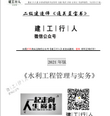 2021年二建水利通關(guān)藍(lán)寶書(shū)
2021年二建水利通關(guān)藍(lán)寶書(shū)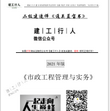 2021年二建市政通關(guān)藍(lán)寶書(shū)在線閱讀
2021年二建市政通關(guān)藍(lán)寶書(shū)在線閱讀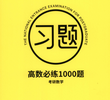 2022考蟲(chóng)數(shù)學(xué)高數(shù)必練1000題pdf
2022考蟲(chóng)數(shù)學(xué)高數(shù)必練1000題pdf 黃岡歷年中考物理試卷及答案解析2007-2020年整合版
黃岡歷年中考物理試卷及答案解析2007-2020年整合版 黃岡市中考化學(xué)試卷2012-2020年整合版
黃岡市中考化學(xué)試卷2012-2020年整合版 黃岡中考英語(yǔ)試卷及答案2007-2020整合word版
黃岡中考英語(yǔ)試卷及答案2007-2020整合word版 黃岡數(shù)學(xué)中考試卷及答案2011-2020年整合版
黃岡數(shù)學(xué)中考試卷及答案2011-2020年整合版 計(jì)算機(jī)畢業(yè)設(shè)計(jì):ASP語(yǔ)言設(shè)計(jì)完整版
計(jì)算機(jī)畢業(yè)設(shè)計(jì):ASP語(yǔ)言設(shè)計(jì)完整版 2021年中國(guó)95后女性洞察報(bào)告pdf免費(fèi)在線閱讀
2021年中國(guó)95后女性洞察報(bào)告pdf免費(fèi)在線閱讀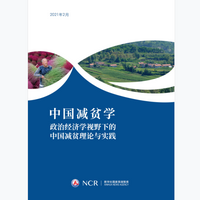 中國(guó)減貧學(xué)報(bào)告電子版免費(fèi)在線閱讀
中國(guó)減貧學(xué)報(bào)告電子版免費(fèi)在線閱讀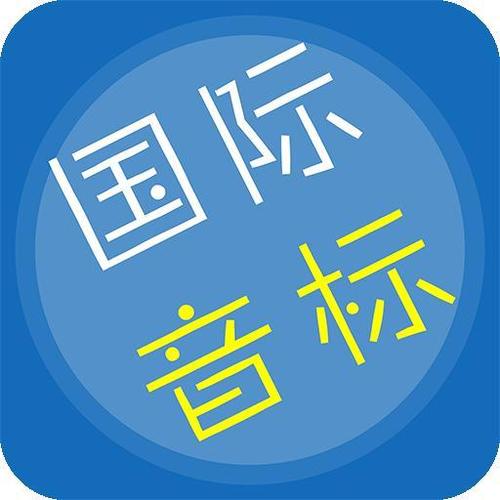

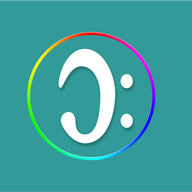

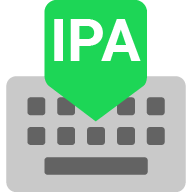
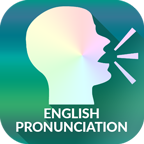
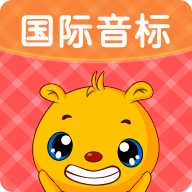


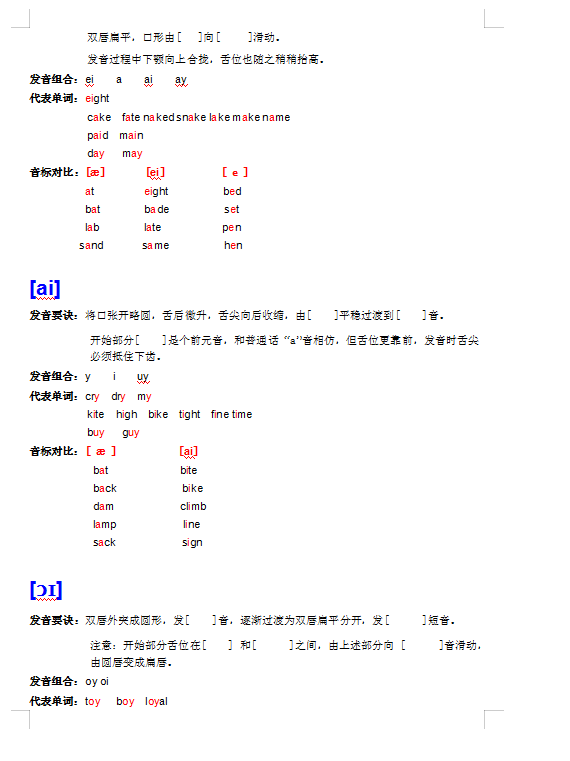
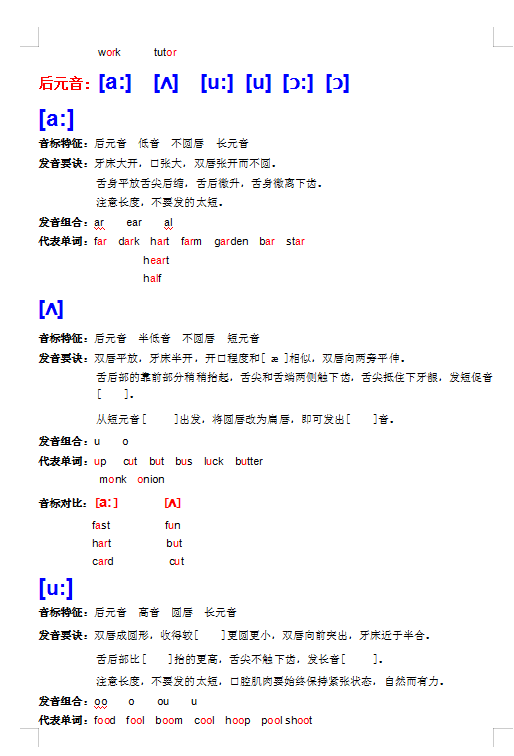
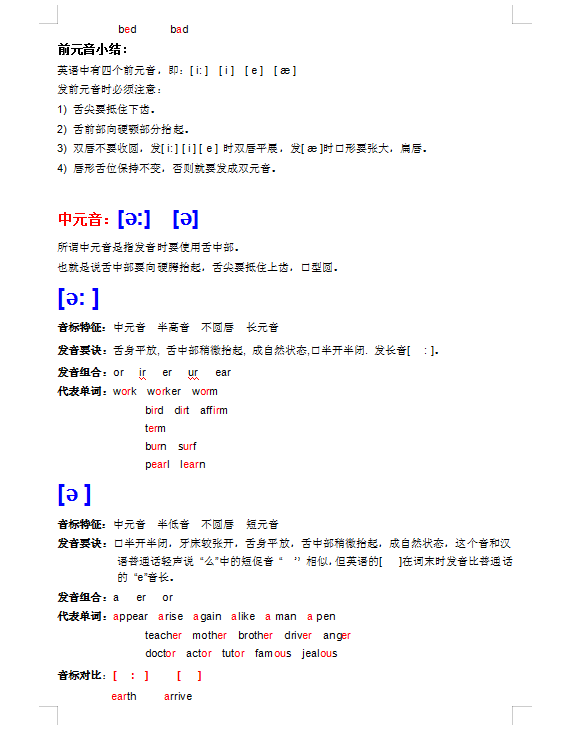
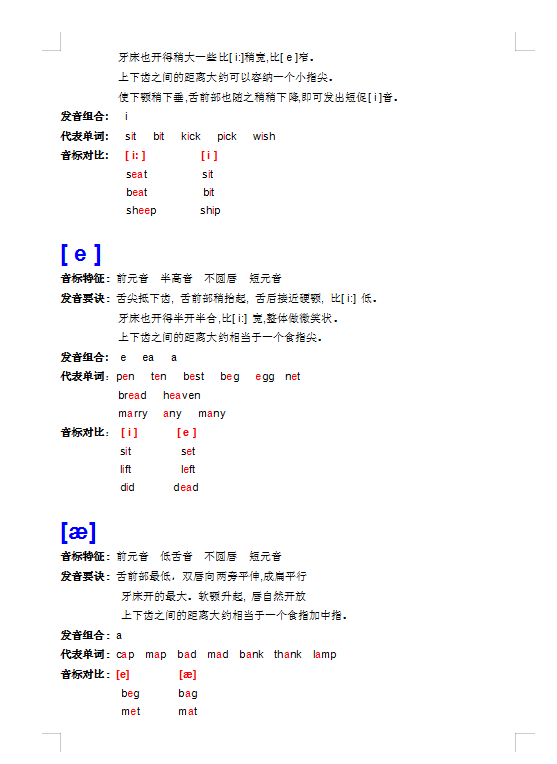
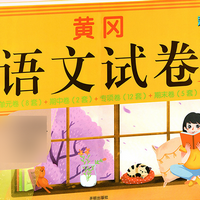 黃岡歷年中考試題及答案解析2012-2020年語(yǔ)文試卷word無(wú)水印版
黃岡歷年中考試題及答案解析2012-2020年語(yǔ)文試卷word無(wú)水印版 幼兒園綜合素質(zhì)學(xué)習(xí)筆記pdf電子版完整版
幼兒園綜合素質(zhì)學(xué)習(xí)筆記pdf電子版完整版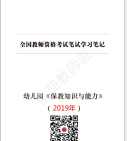 幼兒園保教知識(shí)與能力學(xué)習(xí)筆記pdf電子版免費(fèi)版
幼兒園保教知識(shí)與能力學(xué)習(xí)筆記pdf電子版免費(fèi)版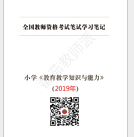 小學(xué)教育教學(xué)知識(shí)與能力學(xué)習(xí)筆記電子版手寫(xiě)板
小學(xué)教育教學(xué)知識(shí)與能力學(xué)習(xí)筆記電子版手寫(xiě)板 中學(xué)綜合素質(zhì)學(xué)習(xí)筆記在線閱讀完整版
中學(xué)綜合素質(zhì)學(xué)習(xí)筆記在線閱讀完整版 中學(xué)教育知識(shí)與能力學(xué)習(xí)筆記pdf電子版免費(fèi)版
中學(xué)教育知識(shí)與能力學(xué)習(xí)筆記pdf電子版免費(fèi)版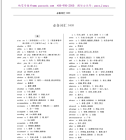 專插本英語(yǔ)詞匯必備3400pdf完整版
專插本英語(yǔ)詞匯必備3400pdf完整版 廣東省專插本必刷2000題政治理論答案電子版免費(fèi)版
廣東省專插本必刷2000題政治理論答案電子版免費(fèi)版 2020全國(guó)中考物理真題及答案解析合集免費(fèi)版
2020全國(guó)中考物理真題及答案解析合集免費(fèi)版 2020全國(guó)中考英語(yǔ)真題試卷及答案解析整合版
2020全國(guó)中考英語(yǔ)真題試卷及答案解析整合版 2020全國(guó)中考數(shù)學(xué)真題試卷及答案解析匯總大全docx可打印版
2020全國(guó)中考數(shù)學(xué)真題試卷及答案解析匯總大全docx可打印版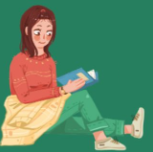 2020全國(guó)中考語(yǔ)文真題及解析匯總整合版免費(fèi)版docx完整版
2020全國(guó)中考語(yǔ)文真題及解析匯總整合版免費(fèi)版docx完整版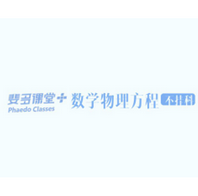 數(shù)學(xué)物理方程講義完整版1-5講電子版pdf高清無(wú)水印版
數(shù)學(xué)物理方程講義完整版1-5講電子版pdf高清無(wú)水印版 大小: 52.3M
大小: 52.3M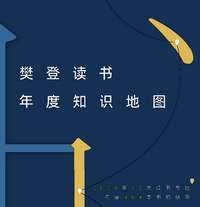
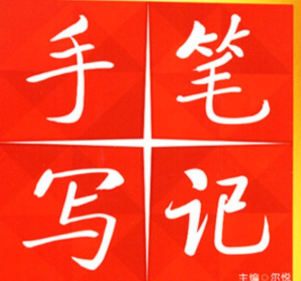
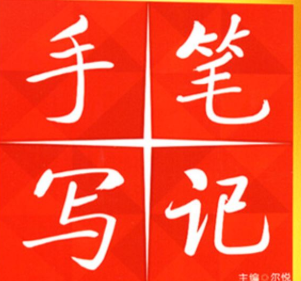
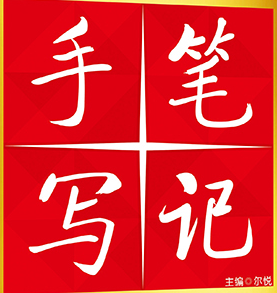
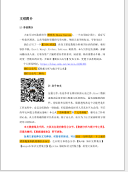
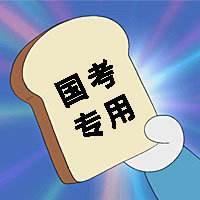
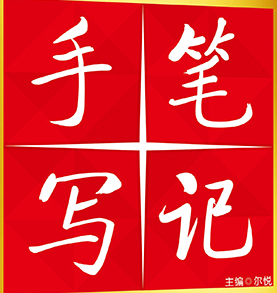
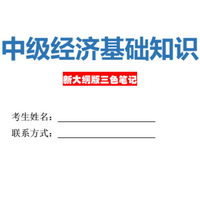
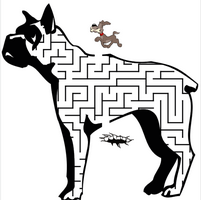
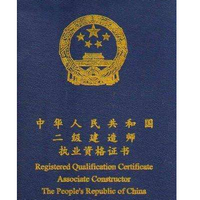
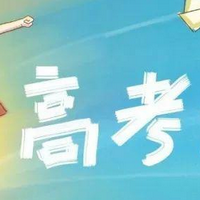
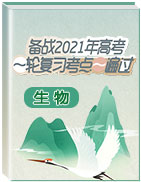





 中考復(fù)習(xí)資料大全
中考復(fù)習(xí)資料大全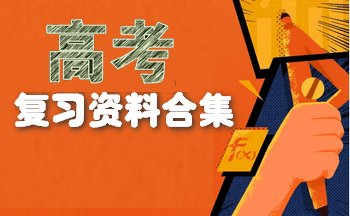 新高考復(fù)習(xí)資料合集
新高考復(fù)習(xí)資料合集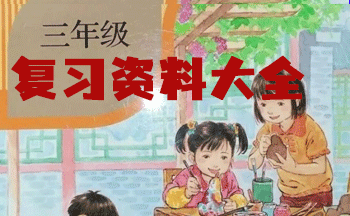 三年級(jí)復(fù)習(xí)資料合集
三年級(jí)復(fù)習(xí)資料合集 二級(jí)建造師考試資料大全
二級(jí)建造師考試資料大全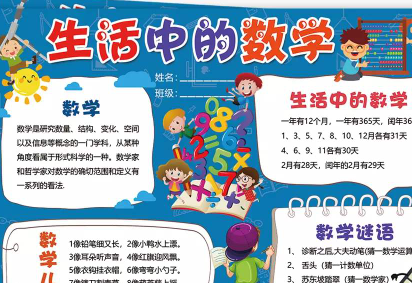 數(shù)學(xué)題庫(kù)文檔
數(shù)學(xué)題庫(kù)文檔 十二校聯(lián)合教育學(xué)基礎(chǔ)第三版筆記和課后習(xí)題pdf免費(fèi)版
十二校聯(lián)合教育學(xué)基礎(chǔ)第三版筆記和課后習(xí)題pdf免費(fèi)版
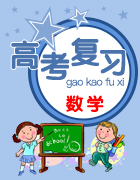 2021新高考數(shù)學(xué)一輪復(fù)習(xí)真題和模擬題匯編pdf免費(fèi)下載
2021新高考數(shù)學(xué)一輪復(fù)習(xí)真題和模擬題匯編pdf免費(fèi)下載
熱門(mén)評(píng)論
最新評(píng)論